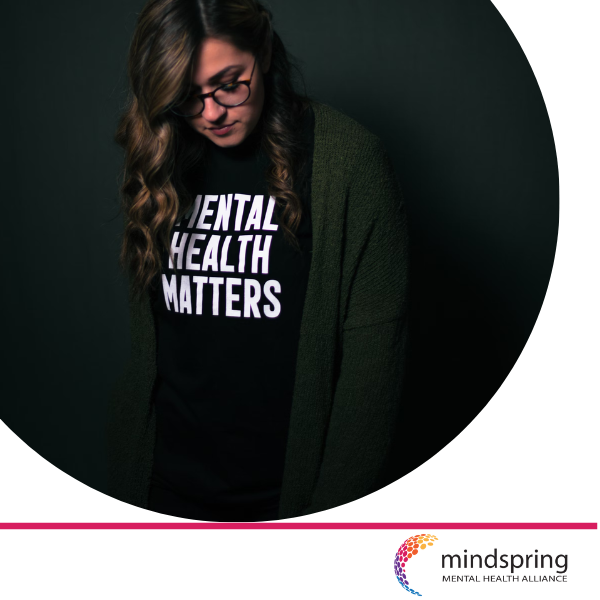
Recognizing the Signs: Early Symptoms of Mental Health Disorders
January 6, 2025
1. Changes in Mood and Emotions
-
Persistent Sadness or Low Mood: Experiencing sadness is a part of life, but when feelings of hopelessness and despair linger for more than two weeks, it might indicate depression or another mood disorder.
-
Irritability and Mood Swings: Extreme shifts in mood, especially rapid swings from high energy to extreme sadness, could be early indicators of bipolar disorder.
-
Heightened Anxiety or Worry: While occasional worry is normal, chronic anxiety or dread, especially about everyday situations, can point to an anxiety disorder.
2. Shifts in Behavior and Daily Habits
-
Withdrawal from Social Activities: A sudden loss of interest in activities or isolating from friends and family can be a signal of depression or other mental health concerns.
-
Changes in Eating or Sleeping Patterns: Sleeping too much or too little, or significant weight changes due to eating habits, often accompany anxiety and depression.
-
Loss of Motivation and Energy: Persistent fatigue, lack of motivation, and difficulty completing tasks can indicate a decline in mental well-being.
3. Cognitive Symptoms
-
Difficulty Concentrating: Trouble focusing, remembering things, or making decisions may point to cognitive impacts of anxiety, depression, or early symptoms of other disorders like ADHD.
-
Increased Confusion or Disorientation: Confusion or frequent feelings of being “foggy” could indicate a mood disorder or even signal the onset of more complex mental health conditions.
4. Physical Symptoms
-
Unexplained Aches and Pains: Physical symptoms like headaches, digestive issues, or chronic pain are often linked to emotional stress and can be a warning sign of a mental health issue.
-
Changes in Appearance: Neglecting personal hygiene or drastic changes in self-care habits may signal mental health struggles, especially in younger individuals or older adults who previously maintained consistent self-care routines.
5. Risk-Taking or Self-Destructive Behavior
-
Substance Use: Some people may turn to drugs or alcohol as a coping mechanism for undiagnosed mental health issues. This is especially prevalent in anxiety, depression, or trauma-related disorders.
-
Self-Harm or Suicidal Thoughts: If someone expresses thoughts of self-harm, hopelessness, or mentions suicide, it’s critical to take these statements seriously and seek professional help immediately.
Taking Action
If you or someone you know exhibits these early signs, seeking support from a mental health professional is a proactive step toward better mental health. Early intervention can help manage symptoms and provide the coping skills needed to handle life's challenges. For more resources and support, reach out to a licensed mental health professional.
References
American Psychiatric Association
Advanced Psychiatry Associates
Mayo Clinic
Harvard Health Publishing
Mental Health America
Back